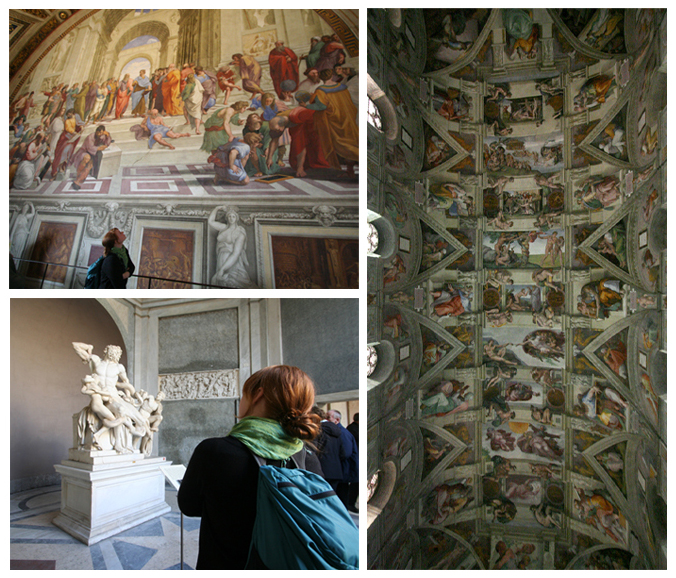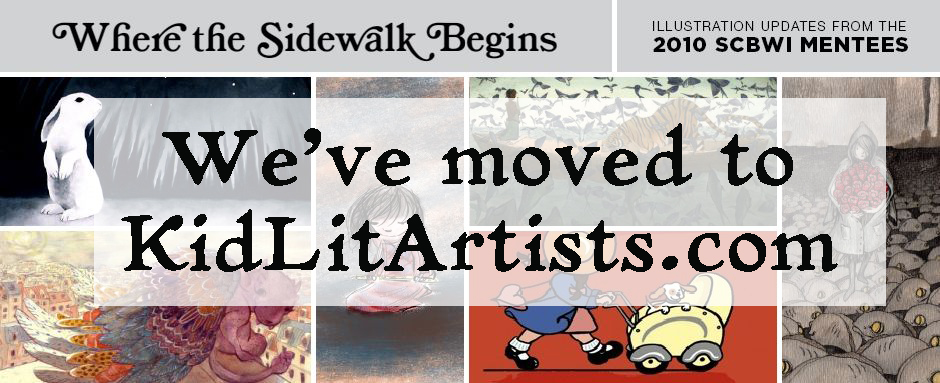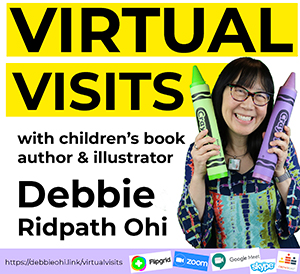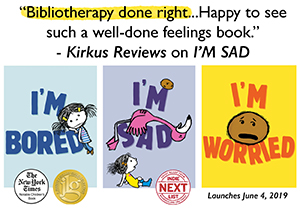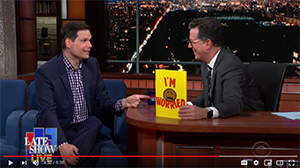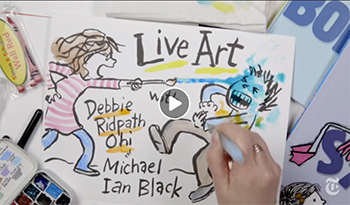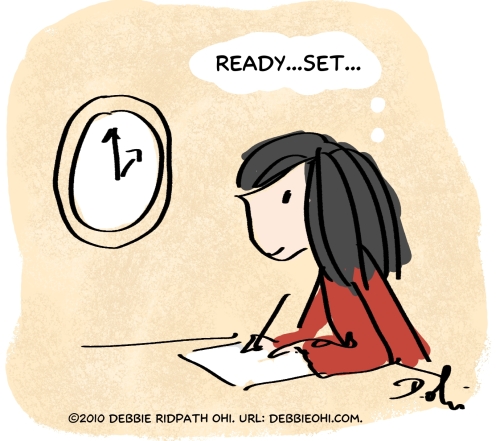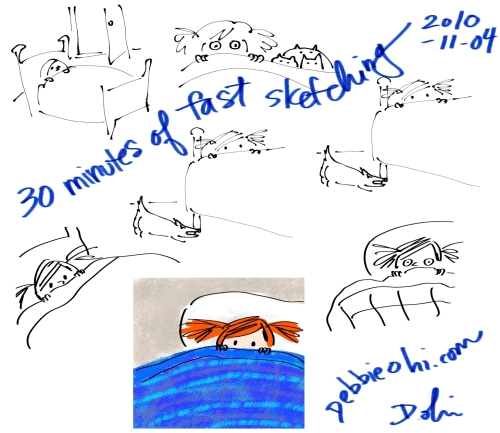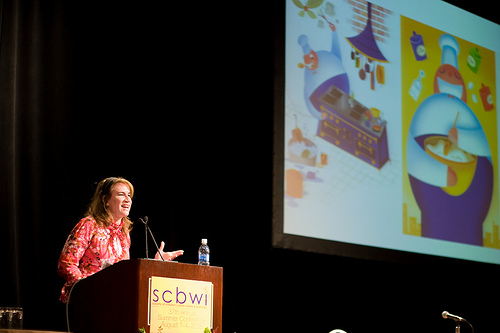
I had the opportunity to ask a few questions to Diane Muldrow, Editorial Director of the famous Golden Books/ Random House. She was gracious enough to take some time out of her day to share her thoughts with us. Diane is a prolific author as well as an Editorial Director.
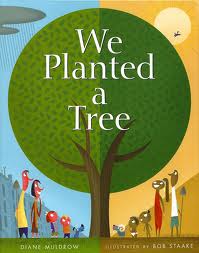
Diane’s latest picture book is We Planted a Tree (illustrated by Bob Staake). It is a sweet, poetic book whose message manages to be both timely and timeless. She has also written the Dish series for middle grade readers, and several board/novelty books.
What comes across about Diane is that she is inspired by her life and work and is making the most of it. How refreshing!
Here’s what Diane has to say:
KG: What's the most common mistake made by aspiring children's book authors and illustrators, in your experience?
DM: Hello, Mentees! I love the website!
I think the most common mistake is that many aspiring writers don’t write material that is very marketable. We editors are looking for manuscripts that have an interesting hook—something that we can show to our sales force and marketing people, and say, “This book is perfect for Father’s Day,” or “This book is a fresh take on the cowboy/first day of school/new friend/bedtime/etc./ theme.”
Also, in my talks, I always talk about how so many aspiring writers don’t think visually enough as they plan and plot and write their picture book manuscripts.
KG: Can you give us an idea of what the acquisition process is like? You get a submission you like, then what? Do you then make a pitch to someone? We're all curious about WHAT HAPPENS OVER THERE?
DM: My fellow Golden editors and I read and weigh in on all promising Golden Books submissions, which are discussed at our monthly editorial meeting. It’s interesting how our opinions tend to be unanimous about whether or not a story is right for our imprint. If we all (or mostly all) agree that a submission I’ve brought is something we should publish, I take it to my boss—our wonderful publisher Kate Klimo—for her opinion and direction (she doesn’t attend the edit meeting). Occasionally I’ll go to Kate first if I think it’s just perfect for us. When Kate gives the manuscript a thumbs-up, and we’ve all settled on what format the book will be in (say, a Little Golden Book or a jacketed hardcover), I make an offer to the author. Once we have a deal, I take the manuscript to my art director, and we discuss what art style we should go with, and then start looking for the right artist.
We editors also generate ideas that we’ll give to a writer. That’s how the Little Golden Book I’M A TRUCK came about—I hired Dennis Shealy, a very creative, funny Golden colleague, to write the book. I gave him the title and general idea, and he ran with it and did an amazing job. Since then I’ve gone to him to write I’M A T. REX! (a colleague suggested that topic) and I’M A MONSTER TRUCK! (which I think Dennis suggested).
I’ve happy to say that I’ve published several first-time authors, all SCBWI-ers; two of them were people whose work I’d critiqued at a SCBWI conference (both times, the work I bought was the work I had critiqued; both times, the stories needed to be revised before an offer was made). Two are people who have written for children, but more on the educational or religious side, which is a very different type of writing. I really enjoy publishing new writers and I consider Golden a good place for rookies. When I make an offer to a first-timer, I always feel like Santa Claus.
Something that all these writers had in common was that they wrote books that were perfect for a very young audience; all of the books are conceptually strong, and fresh takes on a subject. Their work looked very professional; they had paged out their stories in the format they’d visualized it in, and they had thought very visually on every page. Kimberly Gee had a whole illustrated dummy with text in place, and I enjoyed showing it to people in the office. Kimberly’s finished book looks not at all different from her dummy, which was so polished and well thought out. I knew I could work with these people; not only did they seem professional, I could tell they were serious students of the genre, willing to revise. . . and that they were in it for the long haul!
KG: You're an author as well as an Editor. Do the two roles work well together for you, or is there any conflict? When do you write?
DM: The two roles feed each other. There’s no conflict. I’m a better editor for being an author, and a better author for being an editor. I write when I feel like I have a really solid idea. I don’t write often—I tend to wait until an idea feels like it’s complete in my head and ready to be “born.” But in a way I’m writing a lot since I’m constantly mulling over ideas and maybe even doing research, or thinking about the appropriate writing style for the subject I’m interested in writing about. I give myself time to daydream—that usually happens on the subway! I tend to write on Sundays but I keep a little pad of paper with me in case I need to write something I might forget about later. Writing is pure joy for me—the world really does go away when I’m intently working on something.
KG: So how glamorous is your job, really? I mean, Editorial Director at Golden Books/ Random House...I'm imagining power lunches, galas. But it can't be that ALL the time. Can you give us a taste of the Grim and the Glam of you job?
DM: My current job does feel glamorous. But that’s because I have done a lot of work on my own to make it feel/be that way. I make the most of this position, and I make things fun and challenging and continually engaging for myself. The job always feels fun, and I’m very grateful for the blessings of my career. I work with wonderful people here at Random House, too—we all really like one another, know each other well, and support one another—and that adds so much to the experience every day. There’s little grimness, but I will admit that looking at my mailbox stuffed full of submissions that I have little time to get to can make my heart sink (apologies to all who are waiting to hear from me)! Also, if I don’t enjoy working with a certain author or agent, I won’t do it again....I try to keep difficult people out of my life. As a result I work with wonderful authors and illustrators, some of whom become personal friends.
...I wish you all well in this journey you’re on!
KG: Thank you Diane!
 Sunday, November 7, 2010 at 12:30PM
Sunday, November 7, 2010 at 12:30PM 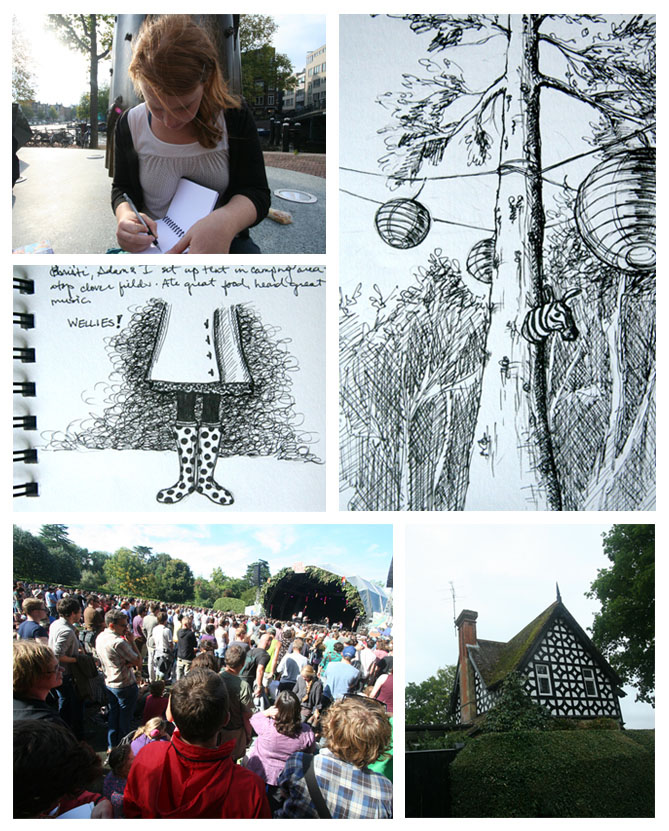 We began our trip at the End of the Road Festival in the English countryside, where we met our friends (the band, The Daredevil Christopher Wright) to join them for their month-long music tour. I can't describe how amazing this event was - I think I had my best days of the entire trip here. Mostly on the trip I wrote, but here are a few sketches I did during the festival (middle-right: sketch of their magical outdoor library space, with hanging paper lanterns and paper mache animal heads in the trees).
We began our trip at the End of the Road Festival in the English countryside, where we met our friends (the band, The Daredevil Christopher Wright) to join them for their month-long music tour. I can't describe how amazing this event was - I think I had my best days of the entire trip here. Mostly on the trip I wrote, but here are a few sketches I did during the festival (middle-right: sketch of their magical outdoor library space, with hanging paper lanterns and paper mache animal heads in the trees). The band sang a roof-top show in Paris, with an amazing view of the city and the Basilica of Sacre-Coeur in the distance. They had me sing with them a few times, which was fun (even with my stage fright).
The band sang a roof-top show in Paris, with an amazing view of the city and the Basilica of Sacre-Coeur in the distance. They had me sing with them a few times, which was fun (even with my stage fright).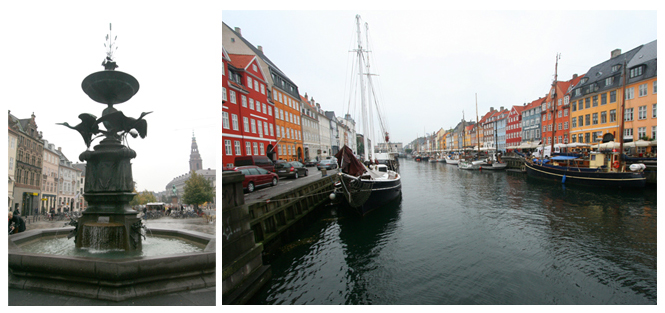 Denmark is the home of Hans Christian Andersen, one of the fathers of children's storytelling. It was great to see statues and fountains in tribute to him (though the famous Little Mermaid statue was on tour in Japan).
Denmark is the home of Hans Christian Andersen, one of the fathers of children's storytelling. It was great to see statues and fountains in tribute to him (though the famous Little Mermaid statue was on tour in Japan).
 It was quite an amazing experience to see, in person, so much of the art that we studied on slides in Art History class in college. It was profound and humbling to stand in the same space with these masterpieces - I'm also inspired to read and review more art history books as part of my illustration practice.
It was quite an amazing experience to see, in person, so much of the art that we studied on slides in Art History class in college. It was profound and humbling to stand in the same space with these masterpieces - I'm also inspired to read and review more art history books as part of my illustration practice.